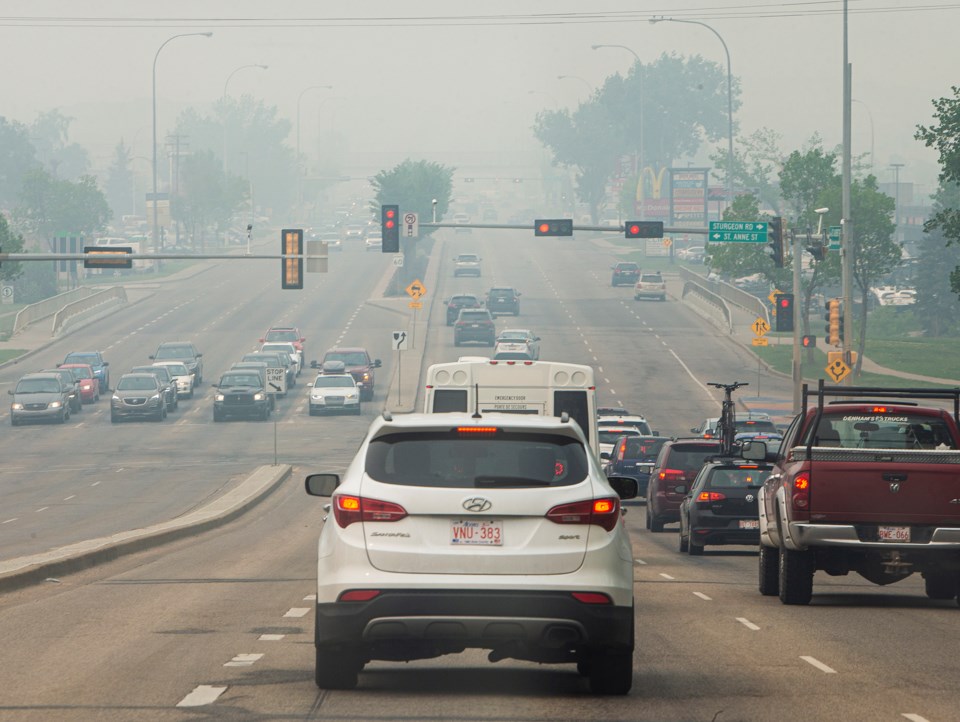New research from the University of Alberta suggests green spaces could help seniors and new immigrants survive global heating.
Shelby Yamamoto, a professor with the U of A’s School of Public Health who specializes in environmental epidemiology, will give a free talk March 16 on how climate change affects seniors and immigrants in the Edmonton region. The talk is part of Edmonton’s Change for Climate Lunchbox Series.
Health Canada’s Health of Canadians in a Changing Climate report projected more illness, injury, and death ahead as warming makes floods, fires, droughts, and storms more likely. It also found seniors, children, racialized populations, low-income individuals, people with chronic health conditions, and Indigenous Canadians to be the groups most affected by climate-change hazards.
“We know climate change affects all people, but not all people equally,” Yamamoto said, adding that there has been relatively little research on its effects on specific peoples in the Prairies.
Yamamoto and her team analyzed Alberta Health Services and environmental data from 2019 to 2021 and interviewed focus groups to identify potential climate risk factors for seniors and immigrants in the Edmonton region and possible ways to address those risks.
Yamamoto said her team found no evidence of increased injury rates among seniors during extreme cold events, which they speculate could be due to seniors staying indoors. Seniors did show greater rates of injury and cardiac events during heat waves and heavy air pollution (such as from wildfires), which could be due to co-morbidities.
Economic immigrants were not at greater risk of climate-related injury compared to other Edmontonians, likely because they tend to be pretty healthy in general, Yamamoto said.
“Where we did notice the increased risk was with the refugees,” she continued, who had higher rates of respiratory problems and injuries during air pollution events.
Yamamoto said this difference could be due to unfamiliarity with Canada’s climate or cultural barriers to getting health care.
Yamamoto’s team found that green spaces and social interaction appeared to protect seniors and immigrants from the health impacts of climate change. She said cities should work with these groups to inform them of climate risks and craft climate solutions, and consider building cooling centres and smoke shelters in regions with at-risk populations.
Yamamoto said her team is now working on a province-wide version of this study.
The talk runs from noon to 1 p.m. Visit bit.ly/3KybjdA to register.




